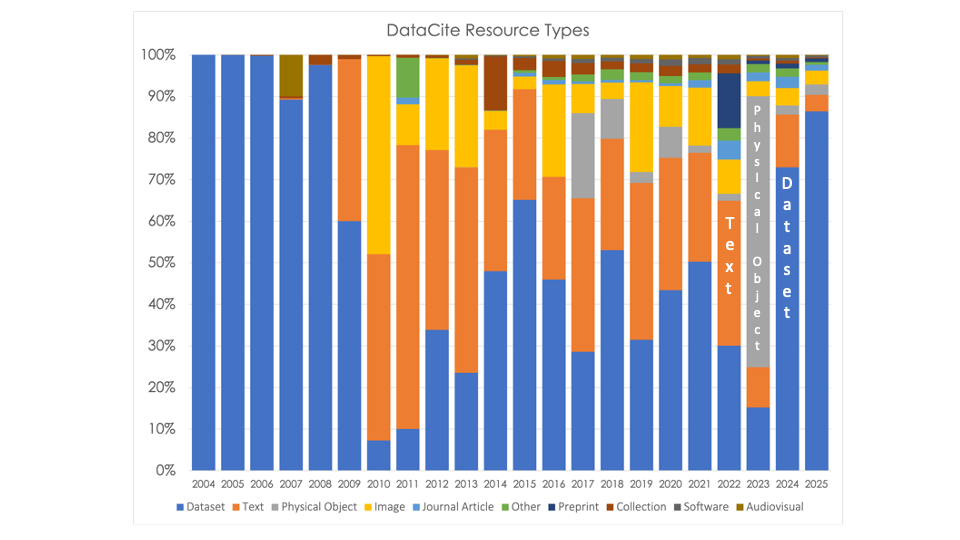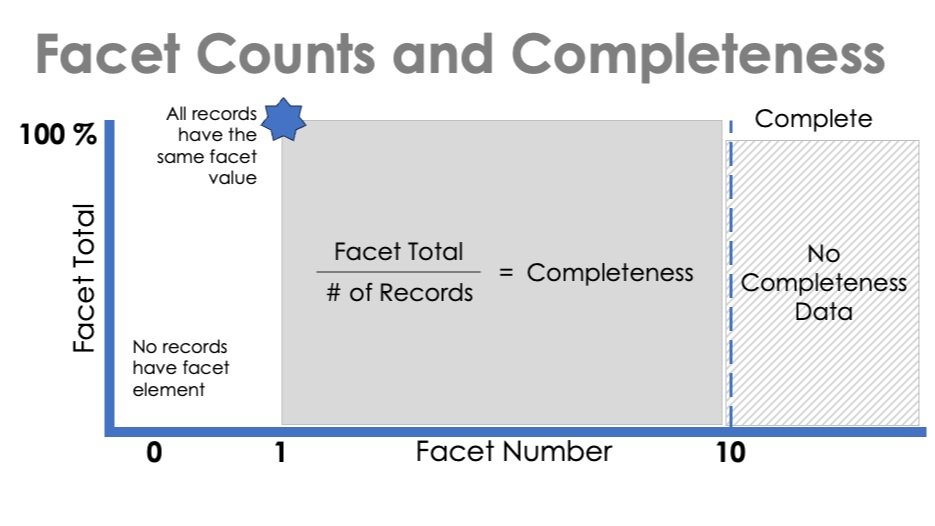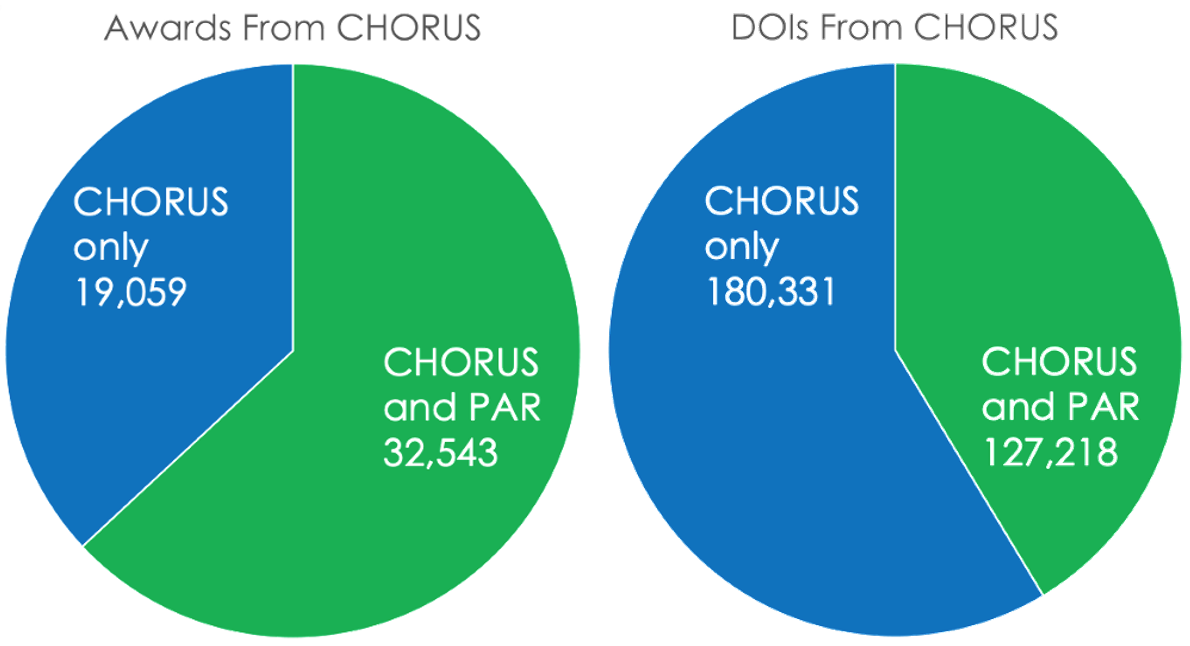
The DataCite community includes repositories that have overcome obstacles that the whole community faces to create metadata that are very complete for four FAIR use cases. Over 3000 DataCite repositories were analyzed and ten Bright Spots are recognized for outstanding completeness above 49%. Congratulations and thanks to these repositories as great examples for all of us.









